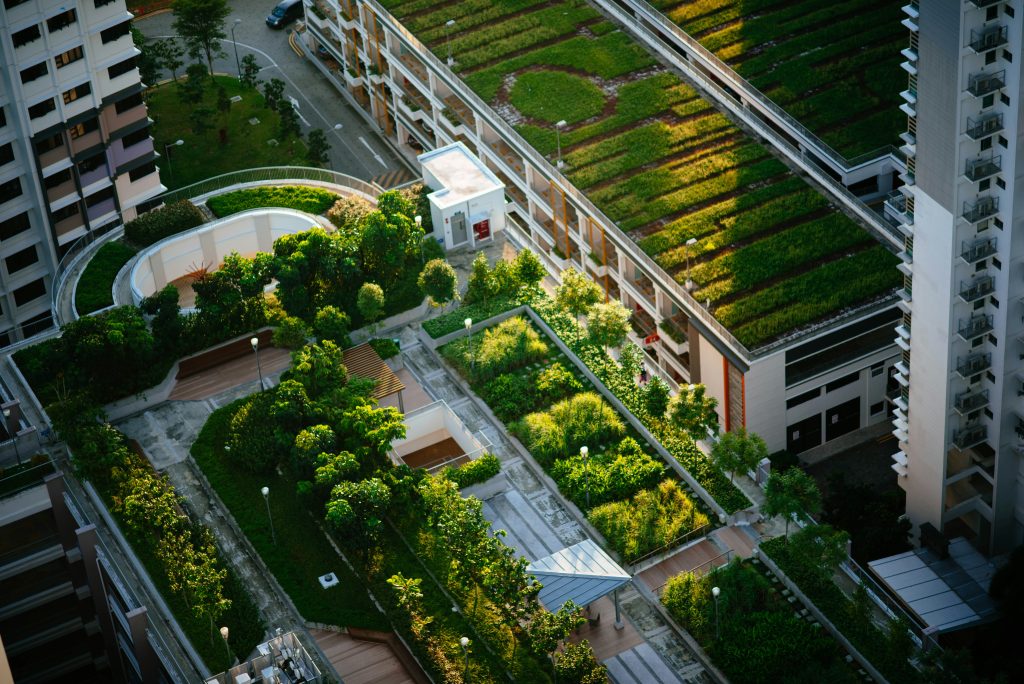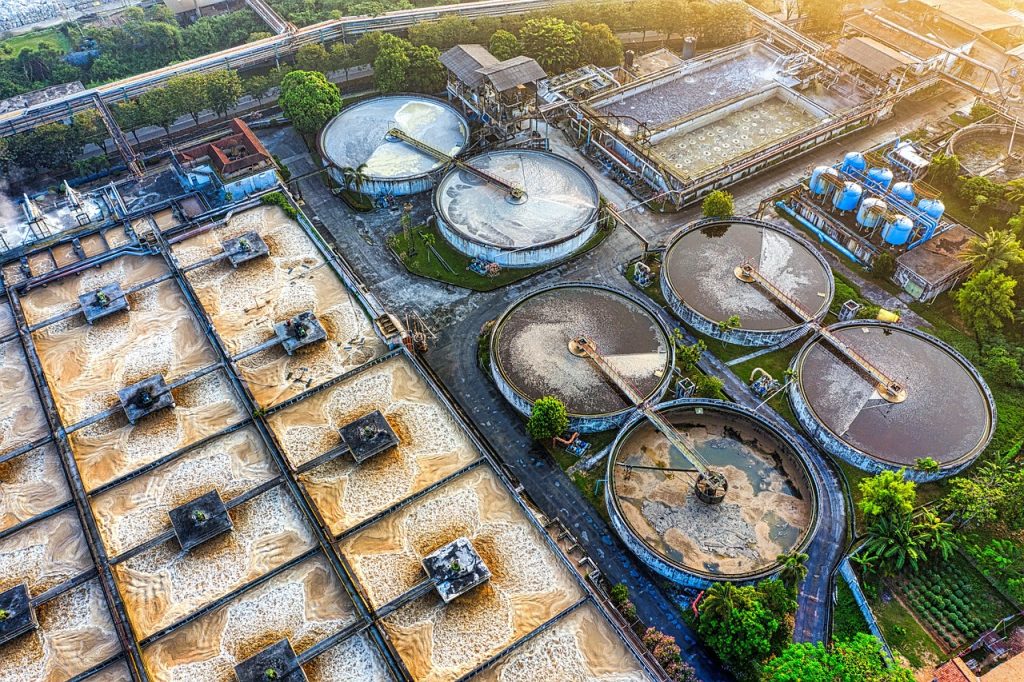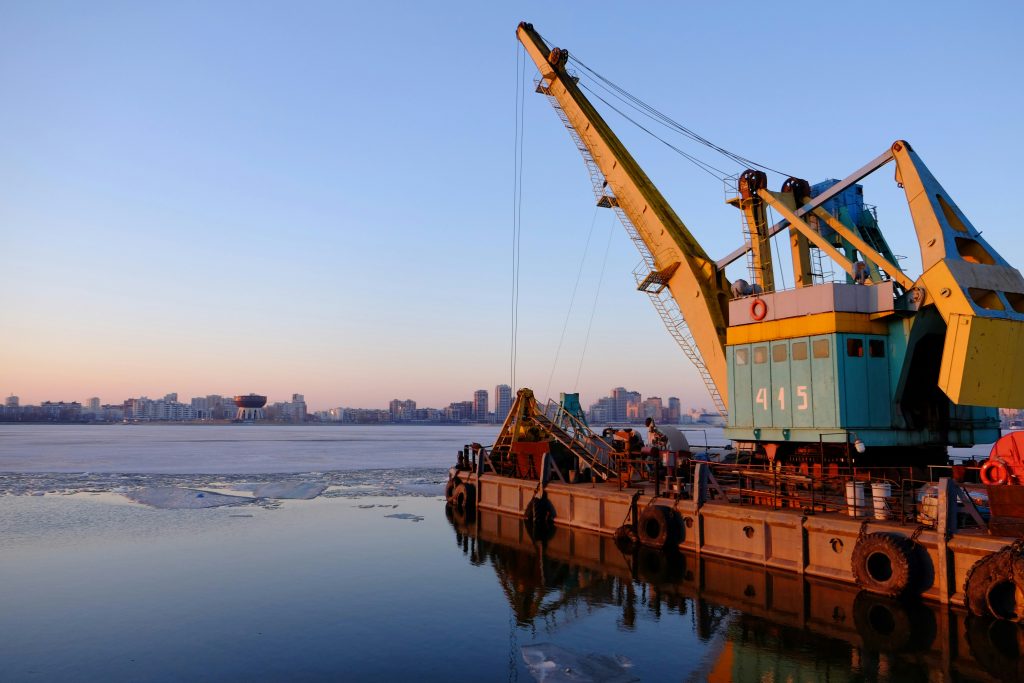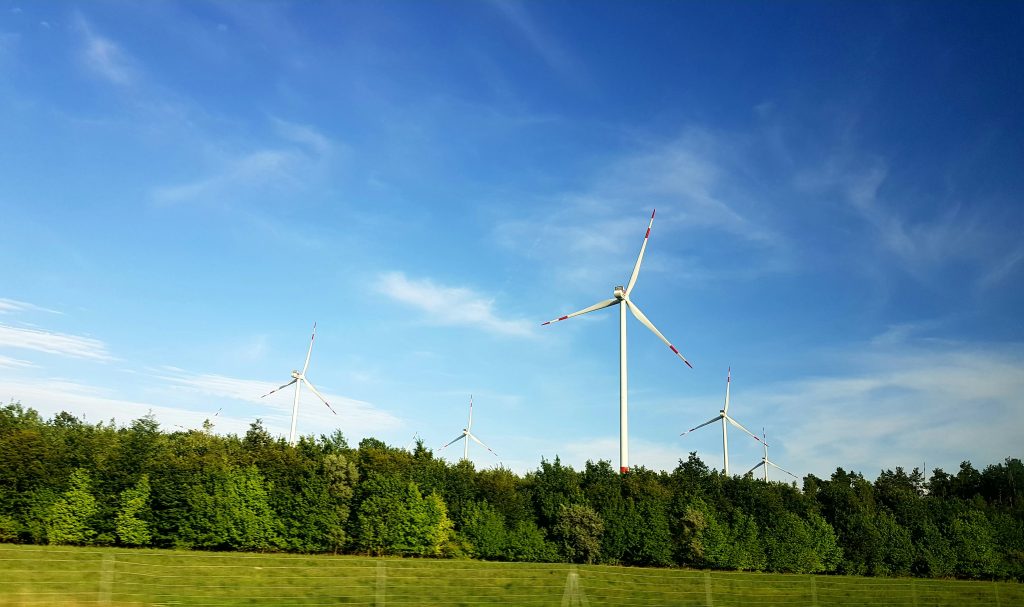- BUILT ENVIRONMENT 🏡
- INDUSTRIAL ECOLOGY AND SUSTAINABILITY 🌿🏭
- SANITARY ENGINEERING 💧🏙️
- ENVIRONMENTAL MANAGEMENT AND SAFETY
- ENVIRONMENTAL TECHNOLOGIES 🌿🔬

BUILT ENVIRONMENT 🏡
This line of research focuses on transforming buildings by considering the four pillars of sustainability.
🌟Sustainable Buildings: Our researchers are dedicated to creating buildings that not only house people, but also respect the planet. We study environmentally friendly building materials, architectural designs that optimize the use of resources, and intelligent water and energy management systems.
💡 Energy Efficiency: Energy savings are essential for a sustainable future. Our research focuses on developing technologies and strategies to reduce energy consumption in buildings, making them more efficient and economical.
🌿 Integrated Sustainability: Sustainability goes beyond simple energy efficiency. Our research incorporates a holistic approach that encompasses social, economic, and environmental aspects. We are committed to creating solutions that benefit communities and the environment.
🌎 Interaction with the Natural Environment: The interaction between the natural and built environments is complex. Our researchers investigate how buildings can coexist harmoniously with their surroundings, minimizing negative impacts and maximizing benefits.
This is just a snapshot of what we have been doing here. In PEA’s “Built Environment,” we are shaping the future by creating smarter, more sustainable, and more efficient buildings. 🌏✨

INDUSTRIAL ECOLOGY AND SUSTAINABILITY 🌿🏭
This line of research is crucial to promote sustainable practices in our industrial and social systems. It addresses the following topics:
Eco-Innovation and Energy Efficiency: Our researchers are at the forefront of eco-innovation, seeking new ways to improve energy efficiency across all sectors. This ranges from innovative energy policies to the development of renewable energies and new technologies that have the potential to revolutionize the way we consume and produce energy utilities. Green engineering, remanufacturing, industrial eco-hubs, life cycle engineering and industrial sustainability indicators are just some of the areas we are working on to create a greener and more sustainable future. ♻️🌞
Reliability, Resilience and Risk Management: Understanding and managing the risks associated with socio-technical systems is of utmost importance. Our research includes quantitative assessment, consequence analysis and studies on risks in complex systems. Additionally, we examine cognitive ergonomics and human reliability, ensuring that systems are designed with safety in mind, as well as the well-being of operators and the broader community. We also pay close attention to socio-environmental disasters associated with mass movements, working to prevent them and mitigate their impacts. 🌍🔍
Environmental Governance and Regulation: In a constantly changing world, environmental governance and regulation play a key role in promoting sustainable practices. Our research covers how policies and regulations can be developed and implemented effectively to protect our environment and the communities that depend on it. 💼🌱
The Ecology and Sustainability Research Line is an essential part of our commitment to building a safer, more sustainable and resilient future, contributing to the protection of our planet and our society.

SANITARY ENGINEERING 💧🏙️
This line of research covers several topics that are essential for the quality of life and well-being of communities around the world. The topics covered are:
Urban Sanitary Engineering Systems: The work begins with the conception and design of water supply and sanitation systems. It consists of creating solutions that meet the growing needs of urban areas, ensuring that everyone has access to clean water and adequate sanitation. 🏡
Sewage Treatment and Reuse: Development of advanced technologies for the treatment of sanitary sewage. This includes physical-chemical and biological processes that not only ensure safe disposal, but also pave the way for the reuse of these valuable resources. ♻️💧
The Sanitary Engineering Research Line helps shape a future in which everyone has access to clean water and adequate sanitation, while promoting sustainable practices to preserve our natural resources. 🌍✨

ENVIRONMENTAL MANAGEMENT AND SAFETY
This line of research is aimed at training students with solid knowledge in Environmental Quality Assessment and Control in Business Systems, Implementation and Auditing of Environmental Systems, Integrated Management Systems, Risk Management in Socio-Technical Systems, System Safety, Cognitive Ergonomics and Human Reliability, and Resilience Engineering. This topic is constantly expanding as it tends to grow more and more with the increase in ecological awareness and the concern of corporations with environmental responsibility. Some of the topics covered in this line of research are:
Risk Management: Predicting potential situations that may affect the desired objectives for an organization and the environment through the application of technical, financial, and chronological analyses, thus optimizing the company’s capital.
Resilience Engineering: Development of engineering methods based on the analysis of cognitive work, aiming at the modeling of complex situations, identifying and correctly valuing the behaviors and resources that contribute to the capacity of a system to respond to unexpected events.
Human Factors and Cognitive Ergonomics Applied to Industrial Facilities: Ergonomics addresses the interactions between humans and environments, aiming to adapt activities to individual characteristics, thus improving well-being, efficiency and safety at work.
Strategic Planning for Environmental Management: Development of systematic processes for organization and decision-making aimed at the conservation and sustainable use of natural resources.

ENVIRONMENTAL TECHNOLOGIES 🌿🔬
This line of research involves the following topics:
Industrial Effluent Treatment: On a planet where water is an increasingly precious resource, our researchers are committed to developing innovative technologies for the treatment of industrial effluents. This involves physical-chemical and biological processes that not only ensure safe disposal, but also enable the reuse of these waters, contributing to the preservation of our water resources. 💧🔄
Atmospheric Emissions: In a world seeking to reduce its carbon footprint, our research focuses on several fronts. We are managing carbon emissions with detailed inventories. In addition, we have expertise in carbon capture, utilization and storage. We also study mitigation and emission control technologies. Our work also includes environmental monitoring, allowing a diagnostic and prognostic assessment of air quality, to ensure a cleaner and healthier environment. 🌬️🌍
Solid Waste: A key part of our research focus is on solid waste management. This involves strategies for collection, recycling, reverse logistics, and life cycle assessment of recycled products and processes. In addition, we are committed to developing new applications for residual resources, creating solutions to minimize environmental impact and promote more sustainable practices. 🗑️♻️
We are committed to finding creative and innovative solutions to the environmental challenges we face, helping to build a more sustainable future for all of us. 🌎✨


